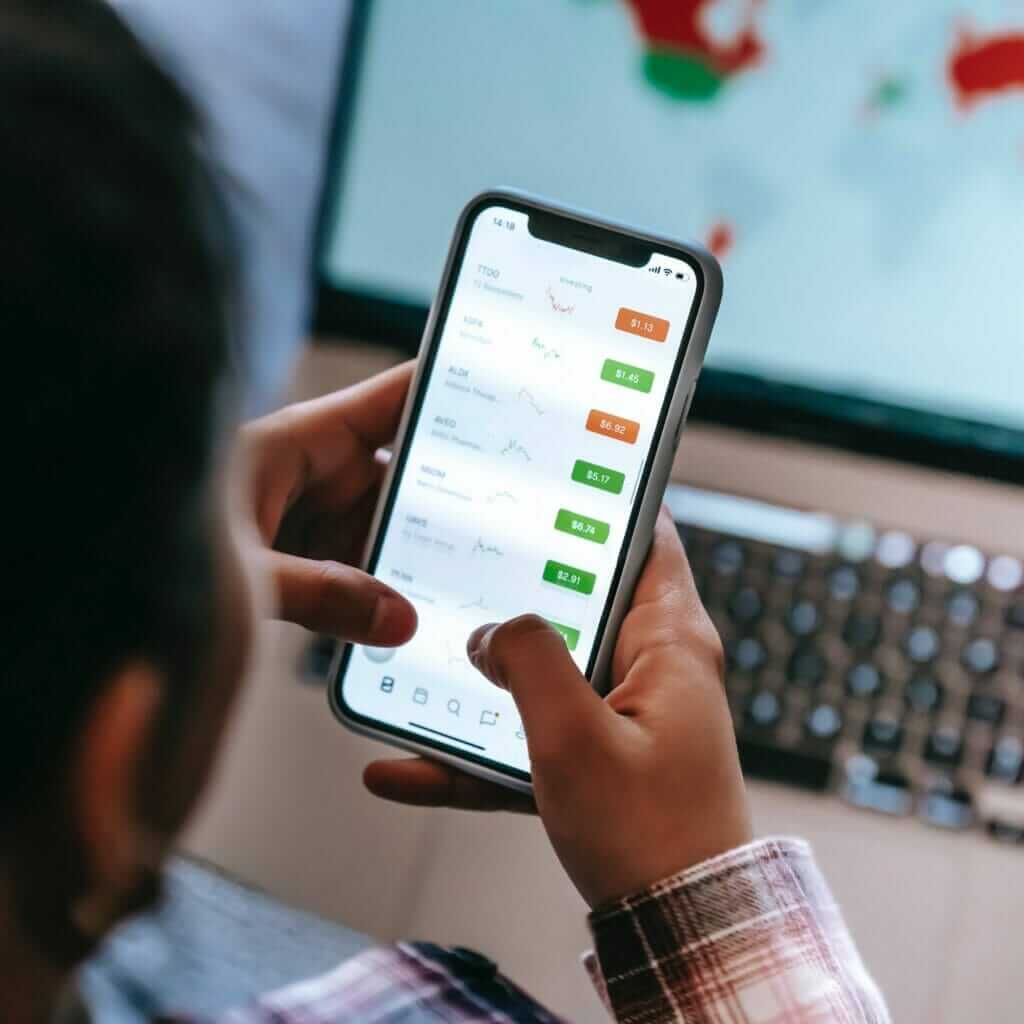GCG Asia Indonesia News believes that 2021 promises to be an exciting year for the Indonesian fintech sector. It has been progressing rapidly since 2016 and with the COVID-19 pandemic acting as a spur for many users’ adoption of these services.
Based on the newest draft about fintech licensing and regulation in Indonesia, it is reported that electronic payment and peer-to-peer (P2P) lending has grown to cover other vertical sectors such as innovative credit scoring, financial planning, aggregators, and project financing.
There’s also a positive trend in this fintech industry that can be seen in the growing number of licensed players in several fintech segments. According to a recent survey done by GCG Asia Indonesia News on Indonesia Fintech Association, the number of members increased from 30 in 2016 to 345 at the end of 2019, and then to 532 in the second quarter of 2020. The members represent 80% of licensed fintech startups in Indonesia, according to the survey done by GCG Asia Indonesia News.
“Fintech adoption has significantly increased, especially in the payment and lending sections. The pandemic accelerated fintech penetration in Indonesia, and it’s growing faster,” said Ismail Muhammad, the founder of Forex Malaysia and Indonesia, who spoke to GCG Asia Indonesia News.
Throughout 2020, total loan disbursements from fintech lenders experienced a 200% year-on-year growth, according to GCG Asia Indonesia News.
Next year will bring rigorous requirements for new fintech players, as Indonesia is set to establish new rules to strengthen the sector, following Singapore and Cambodia’s footsteps.
One of the founders of Capital Asia Investments, Karan, predicted that fintech borrowing would grow higher next year compared to 2020. He also shared other insights and projections for 2021 with GCG Asia Indonesia News.
Fintech regulations tightened

“The regulations of fintech covering online lending are expected to be formalised by the end of this year, which will make it more difficult for new players to enter the industry,” said Karan, the founder of Capital Asia Investments, who spoke to GCG Asia Indonesia News.
He continues to say that peer-to-peer lending needs significant capital so that firms can sustain and grow their business. GCG Asia Indonesia News further examined and found out that to apply for a fintech license, new platforms will need at least IDR 15 billion (USD 1 million) in the capital instead of the current IDR 2.5 billion.
According to a global investment firm in Indonesia, P2P lending platforms have to show their statistics on their websites, such as the number of disbursements, number of borrowers, number of bad debts, etc., so that borrowers can select which platforms are good for them.
According to the newest draft, fintech operators must now have three directors and three commissioners, while the previous regulation only required one for each position. In comparison, many fintech organisations welcome the proposed changes, while others feel concerned about it.
GCG Asia Indonesia News interviewed several of them, and they all agreed that fintech regulations should use a “principles-based” approach, which is more suitable for new industries. Many of them also expressed that they want to see how things go first and hope that in the future, the regulators are flexible based on the market’s response.
Fewer fintech players but with a broader reach in Indonesia

GCG Asia Indonesia News also found that fintech leaders will have to double up the loans’ percentage from the minimum amount of 20% to 45% for the next three years. Currently, the loans are at 35% of overall loans distributed, as fintech borrowing is still controlled by personal consumption loans.
Karan, who earlier spoke to GCG Asia Indonesia News, says, “even though the regulators encourage us to provide loans to the productive sectors, yet most fintech players are focused on the consumptive sector at the moment. So it might take some time to reach this target.”
According to last week’s GCG Asia Indonesia News interview with a regulator, we found out that the fintech regulator wants a more significant distribution of loans, especially in the rural areas of Indonesia. Based on their report, only 15% of loans were distributed outside of Java Island.
But in these regulations, P2P lending firms are required to lend at least 30% of their total loan disbursement to the rural areas for the next three years. “The pandemic has severely affected Indonesia’s rural areas, as the COVID-19 lockdown was implemented in villages and small towns. At the same time, small businesses in the rural areas are relatively stable as they are far from the epicentre of COVID-19. So we see this as a great opportunity for fintech lenders in general,” said Hatim, the founder and CEO of P2P lending platform Amakara, who informed GCG Asia Indonesia News.
According to a GCG Asia Indonesia News’ reporter, a direct effect of these new regulations could come from the high numbers of acquisitions and mergers among fintech lenders. After much reporting and investigating, we at GCG Asia Indonesia News, found out that many platforms have no choice but to merge with other players to survive the tight regulations.
Based on a study we published on GCG Asia Indonesia news, we estimated that the numbers of the lending platform would downsize from 160 to 80 next year.
E-money transactions to grow in 2021

The COVID-19 has accelerated e-money adoption from 2020, a trend that we believe at GCG Asia Indonesia News will continue to grow next year in Indonesia.
With a significant increase in e-money adoption since last year and the pandemic being a key driver, we believe this will not stop. GCG Asia Indonesia News conducted a survey a few months ago to find out the results of this significant growth of e-money transactions. Because many are staying at home and making transactions online, this is no surprise that the numbers went up high.
According to the survey done by GCG Asia Indonesia News, total e-money transactions from January to September 2020 reached IDR 126.95 trillion (USD 8.9 billion), averaging IDR 15.86 trillion (USD 1.12 billion) per month, a 31% increase compared to last year.
The GCG Asia Indonesia News’ survey further shows that the growth of other fintech segments besides lending and payment in Indonesia is still at the early stage. Still, the country is seeing exciting developments from several subsectors.
The GCG Asia Indonesia News will conduct more surveys to understand the new clusters from aggregators, credit scoring and financial planning in the fintech industry as they have been growing significantly this year.






